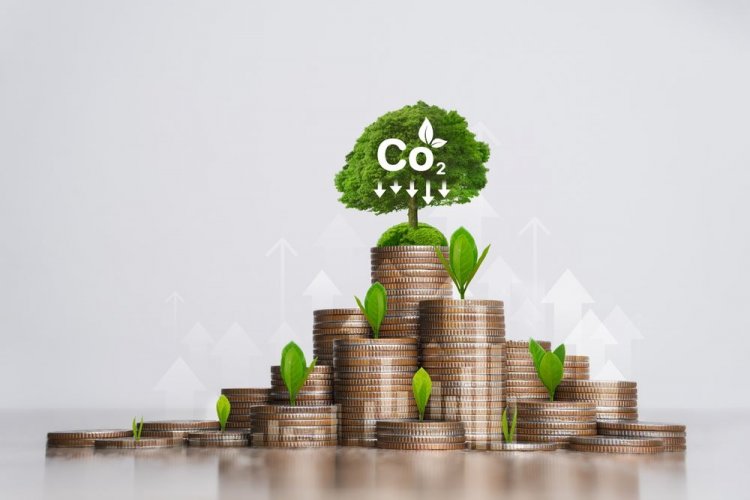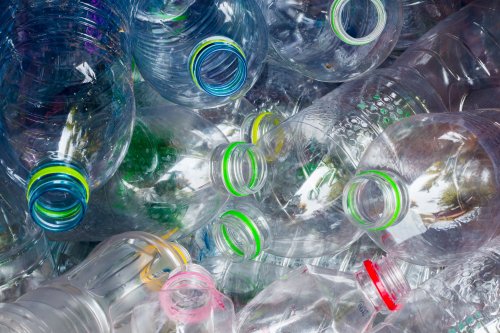The European Business Association (EBA) has called on the Ukrainian government to review the country's climate goals, which were adopted under the Paris Climate Agreement, because they cannot be achieved due to the war.
This was reported by the European Business Association in its study.
On April 22, 2016, Ukraine accepted the terms of the Paris Climate Agreement, which obliges signatories to comply with environmental requirements.
1) Reduce greenhouse gas (CO2) emissions.
2) Curb global warming.
3) Transition to “green” energy for sustainable development.
Each signatory country independently sets standards for reducing harmful emissions—this is called a “nationally determined contribution” (NDC). In the latest version of the HBB, the Ukrainian government wants to achieve the following ambitious goals by 2030: reduce greenhouse gas emissions by 68-73% compared to 1990 levels.
The European Business Association emphasizes that they are not opposed to environmental change, but now is not the time for overly strict requirements.
Reasons to change environmental requirements in the NDC:
The main obstacle to the implementation of environmental requirements is the war. Due to the hostilities, some enterprises have been damaged or are on the verge of survival and are unable to drastically reduce greenhouse gas emissions due to a lack of funds. In addition, some logistics and supply chains have been disrupted and are operating inconsistently due to the Russian occupation of Ukrainian territories.
Due to the Russian invasion, many enterprises have closed, and those that are still operating are burdened by taxes, environmental requirements from the government, and unpredictable circumstances related to the war.
Therefore, current climate goals could lead to a reduction in company profits or even their closure. Experts say that in our circumstances, introducing such ambitious environmental requirements is not only unrealistic but also harmful.
The government sets climate goals for businesses but does not facilitate their implementation, relying solely on entrepreneurs themselves. The Ukrainian authorities have not provided additional sources of support for businesses to ensure a smooth transition to environmental standards, such as tax breaks or grants.
Instead, compliance with environmental requirements is mandatory for Ukrainian entrepreneurs. This could lead to economic turmoil.
The government's climate requirements could lead to the loss of industry in Ukraine, which would result in reduced economic independence and loss of production. Exports and imports would decline, and unemployment would rise.
According to experts, businesses today need to:
1) Combine environmental goals with current realities.
2) Not sacrifice industry and jobs for the sake of reducing emissions.
3) Work for the future, not for the numbers in reports.
What the European Business Association offers
To take into account the current state of the economy, martial law, and the current level of emissions, which has already decreased due to the shutdown of some enterprises. Make climate policy accessible and fair for Ukrainian entrepreneurs and plan a gradual reduction of greenhouse gas emissions at enterprises.
As EcoPolitic previously reported, on July 30, 2021, Ukraine prepared its Second Nationally Determined Contribution (NDC2) to the Paris Agreement, which provides for a 68-73% reduction in greenhouse gas emissions in 2035 from 1990 levels.





